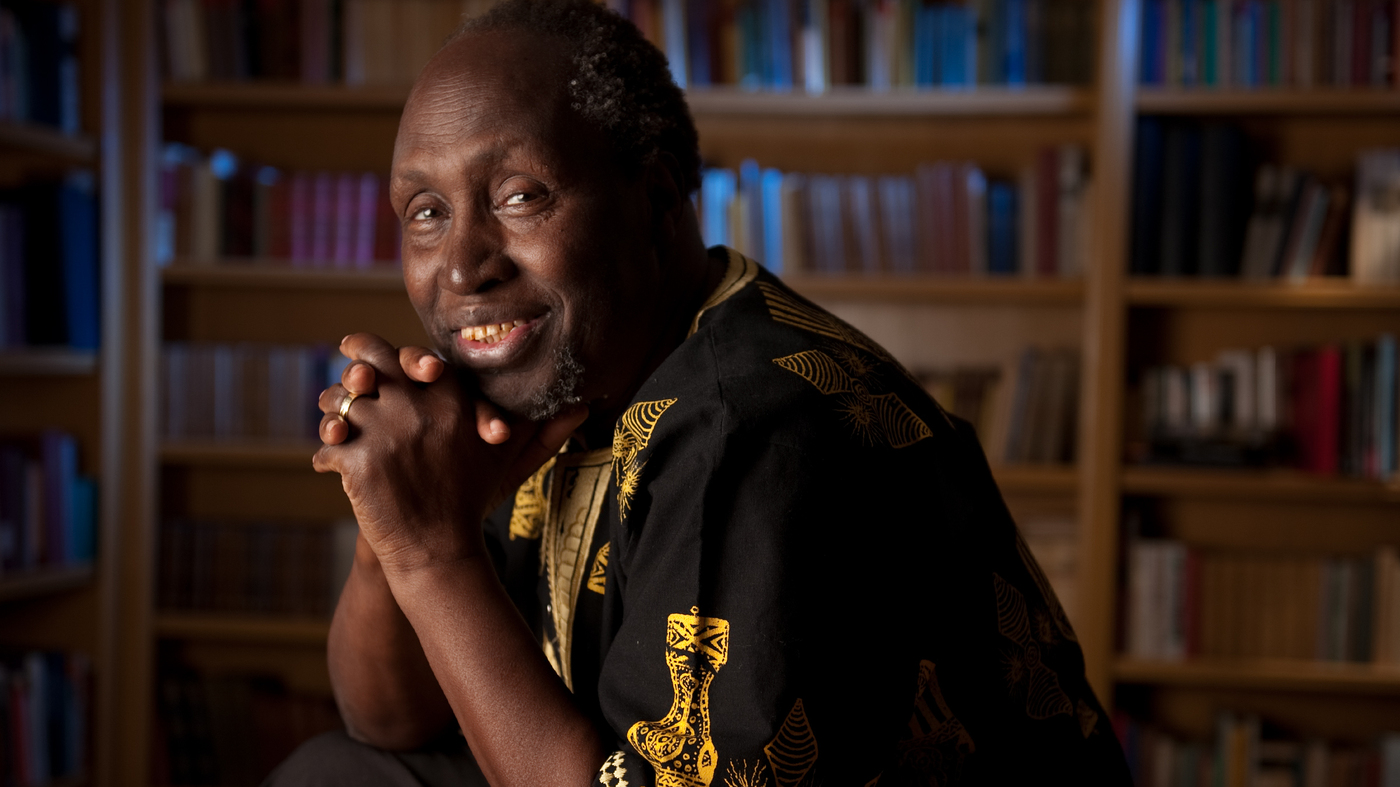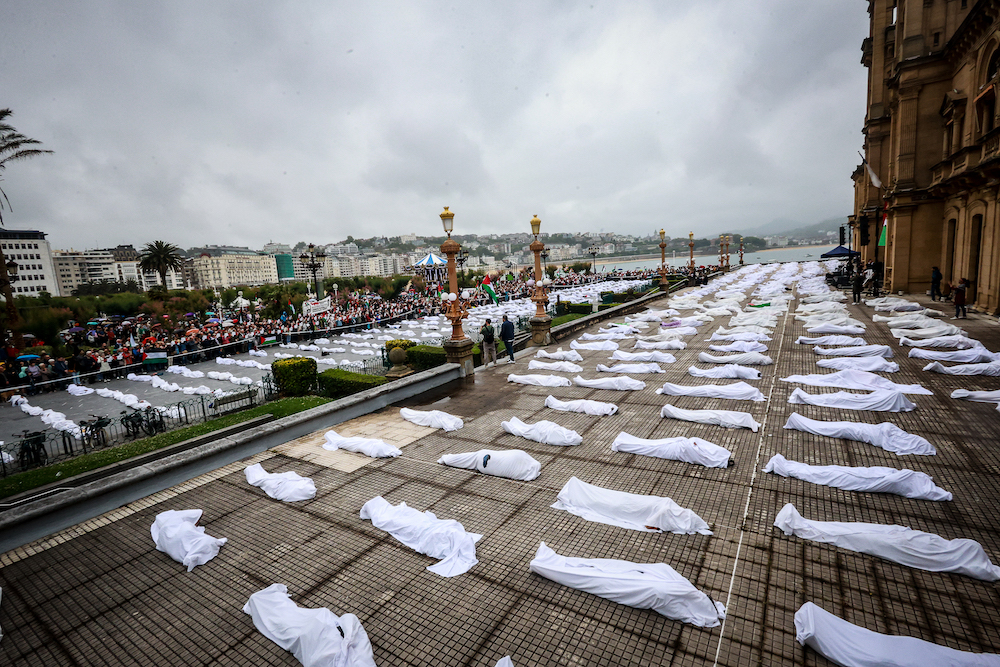Words of Cure
- If therapy, psychological healing, will reach its goals, it is necessary to say memories, verbalize fears, mention dreams. If God will grant forgiveness to Catholics, the sins must be told to the priest. If a love is to be saved, the problems must be explained, tell the other what happens, put words on the table. Say, speak with words, quote, pronounce, cut. For one another. What has been done or not done, what is regretted or feared or dreamed or doubted or believed. If it's going to go ahead, you have to say it. Not what others should do, not the interpretation of oneself of what someone else has done, but of oneself, which is in the depths of oneself, to bring it out through words, to say it.

I like to read interviews, I like to listen, but I prefer to read them. It’s probably a matter of rhythm – as I’m better at writing than I’m at talking. It helps me to know what others say, how they manage to manage the way of life that happens to me at least difficult – I mean “complicate” “complicate” here –. That’s why the ones I’m most interested in are those honored people – those who try to answer honestly – who think deeply and fairly. Many times I find keys or something similar; at least new slots to look at things and these usually help me to breathe. The way in which the interviewee says what he says, the words through which he explains it, is very important, because that is part of what he says, in some way.
I recently read an interview with Juliette Binoche. Very interesting, profound things Binoch says in this interview. Whoever interviewed him also knew what he was doing somewhere. A wonderful thing – one that has opened a breath for me – is that when someone trusts another, when he trusts the other, he shows love. It's a pleasure to be grateful. I've had a lot of love. Binoche’s words have helped me put some of that into words.
From the collective point of view, there is another profound thing that has not been reported to me at least, but that touches us at the core. I would say that it is known to us in a certain way but that we usually keep it in the fogs, that we only bring it to light to reproach others, to impose it on others, on our debtors. Binoch says that if a people is not at peace with their past, it is not possible to face the present and that the one who has suffered must first reconcile with himself. These words of Binoch have echoed in the acoustic cavity of my head with some lines from the book Mujer en guerra by Maruja Torres that I am reading these days. Torres says that the peoples, with the arrival of better, peaceful times, want to forget what has happened: they say they do not want to renew their suffering by remembering what has happened. But they don't make it. When the facts are silenced, they stop at the bottom of things, they don’t capture happiness.
Herri txikiak bizirik dauden eremuak direla eta bizirik jarraitzeko herriari begiratuko dion eskola gakoa dela aldarrikatuko dute, aurten ere, Gipuzkoako Eskola Txikien Festan. Ekainaren 8an ospatuko dute, igandean, Ezkio-Itsason, landa guneko herri txikiak hezkuntzarako zein... [+]
Asiako herrialde gehien-gehienak bertan izateak oso izaera eta giro berezia ematen diolako, eta hedabide-estaldura ere halakoa duelako, aparteko sona lortu du hogei urteren buruan IISS-International Institute for Strategic Studies britainiarrak Singapurren antolatzen duen Asia... [+]
Support for genocide
Within the State of Israel, there is considerable support for the latest operation. Haaretz has released the results of a survey conducted for the Pennsylvania State University, which shows that 82 percent of “Israelis” support the comprehensive... [+]











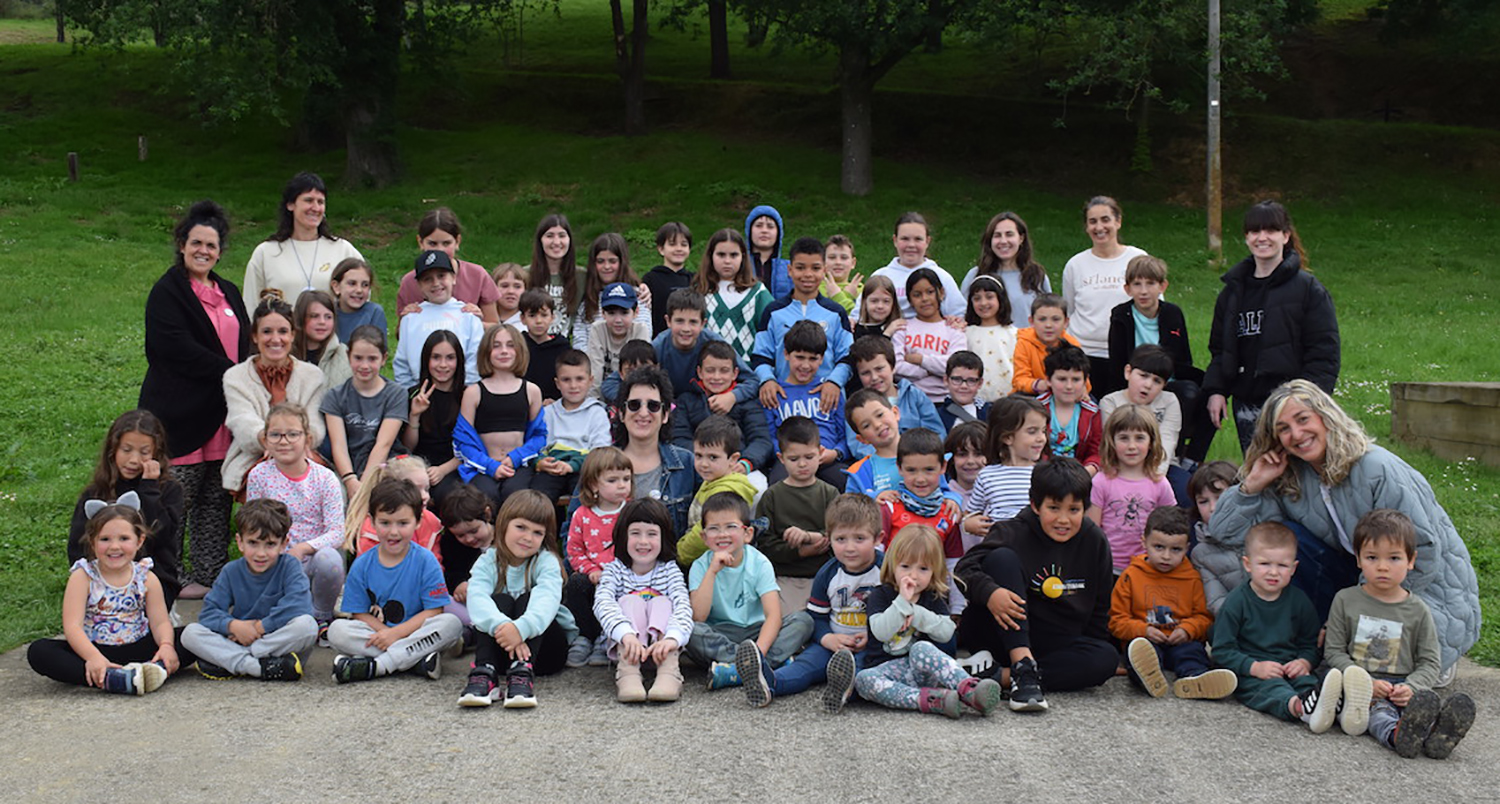
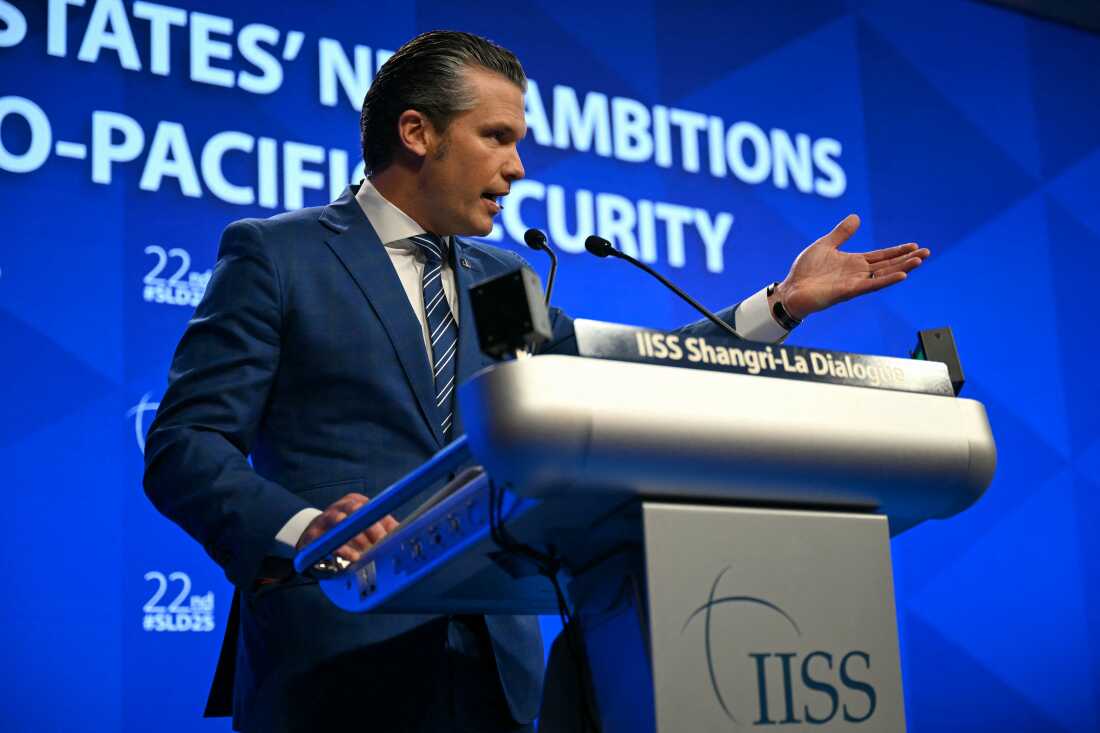
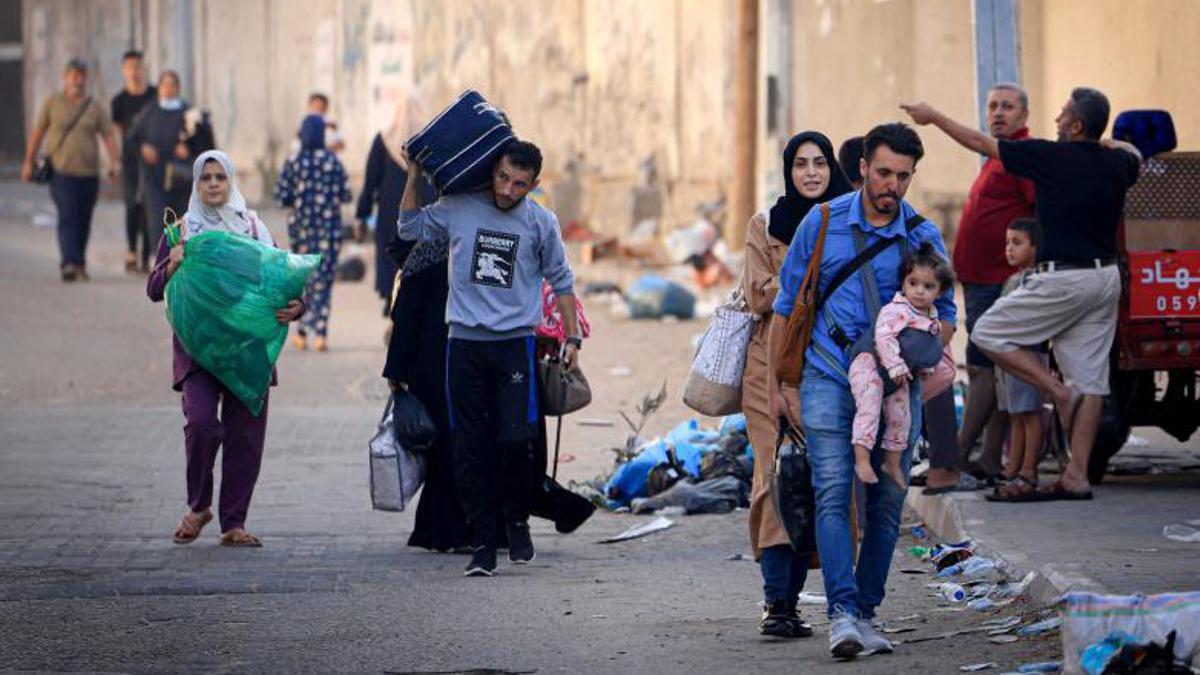
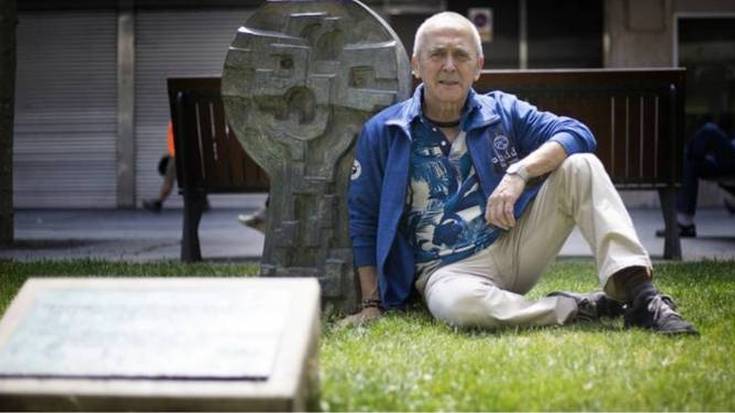
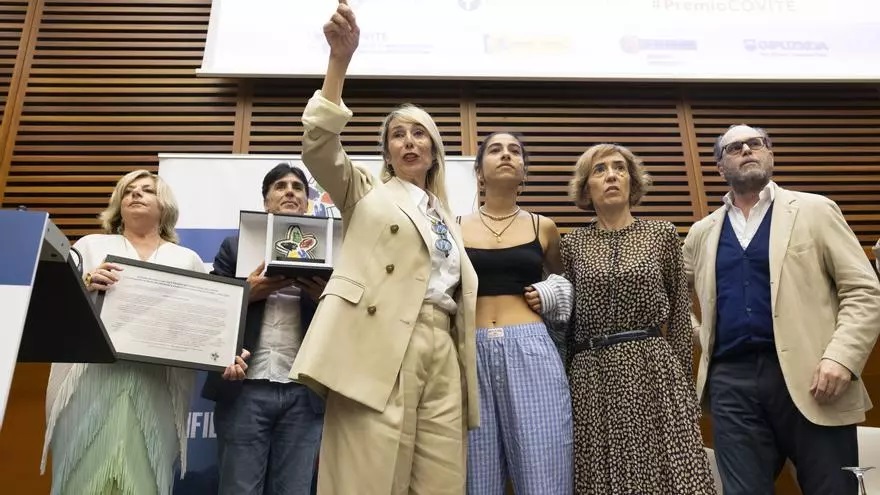
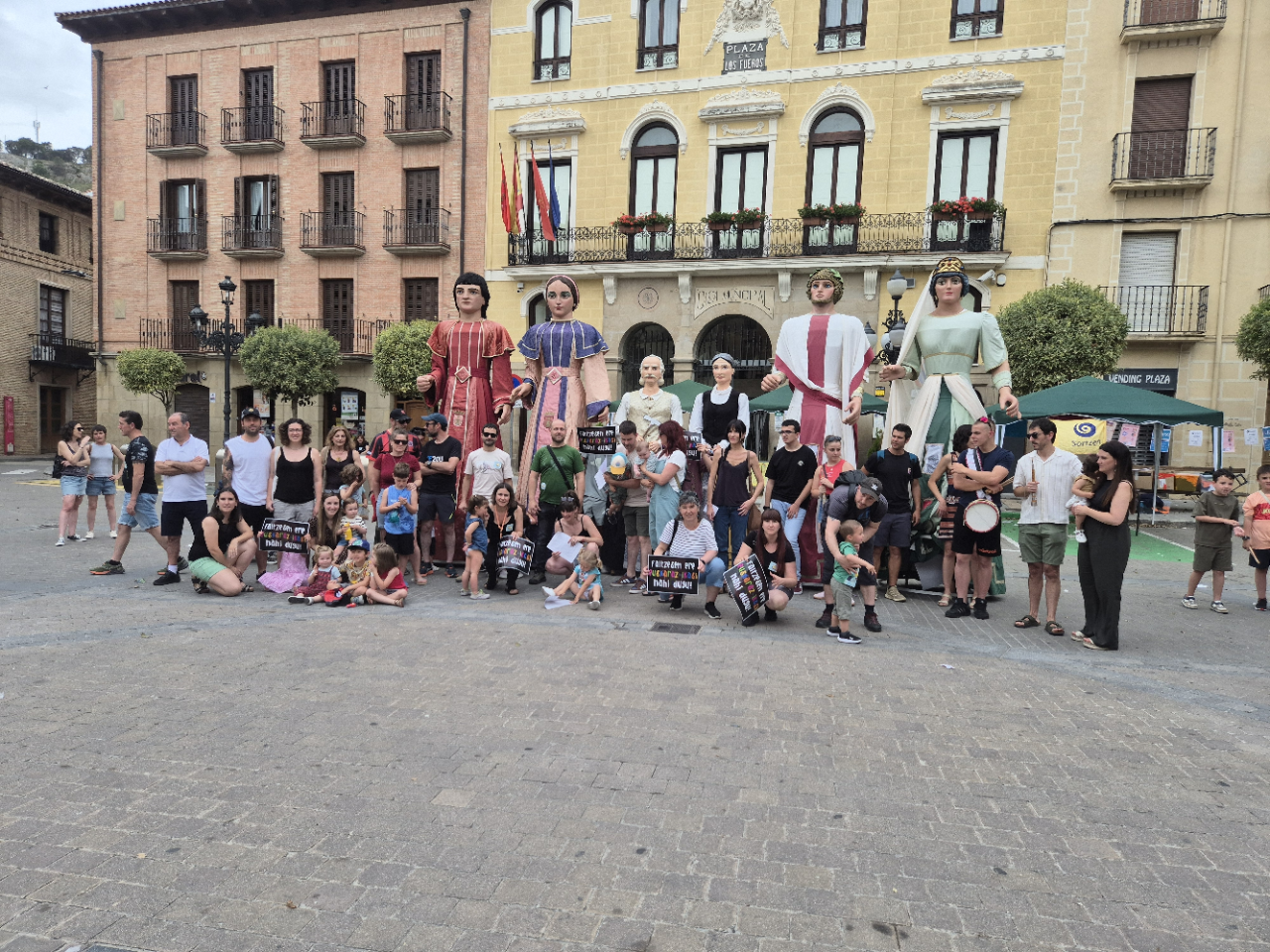

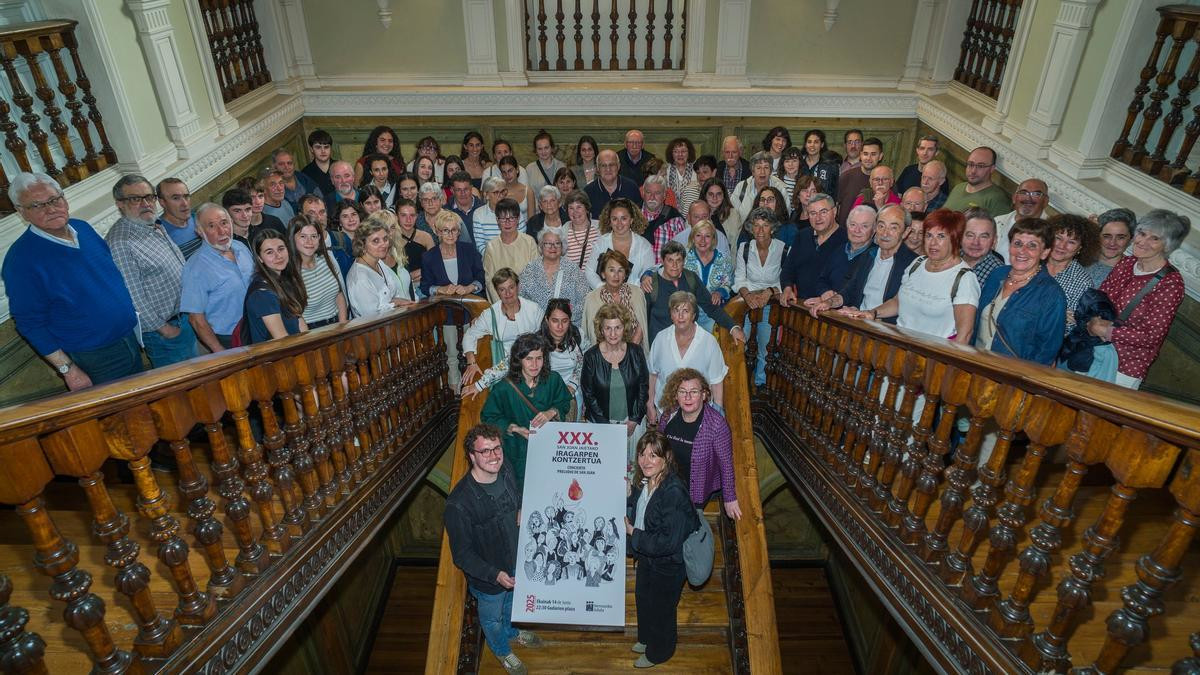

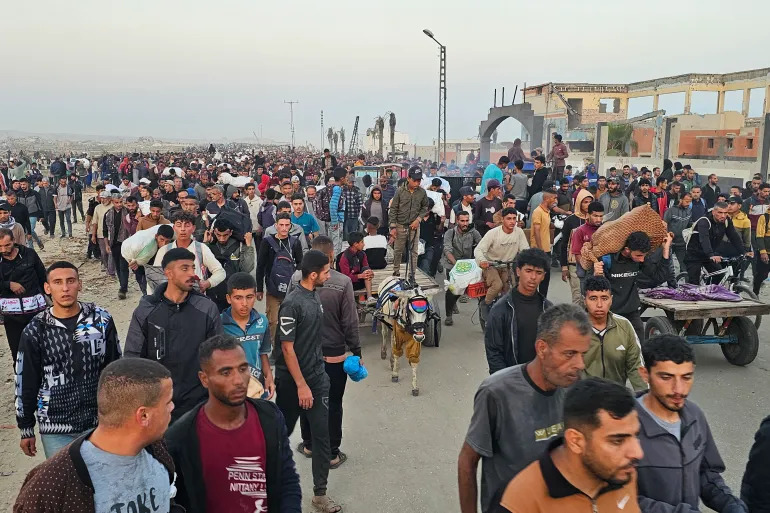

-M.jpg)
